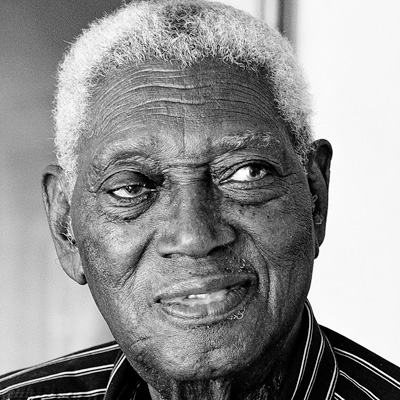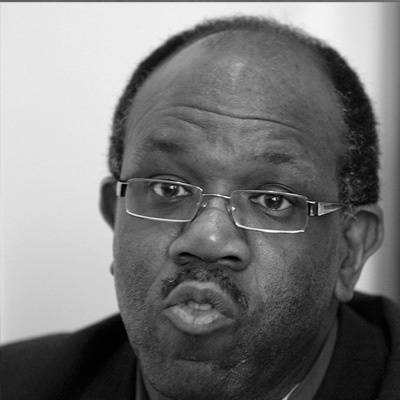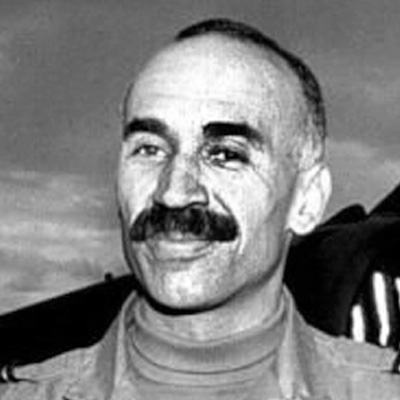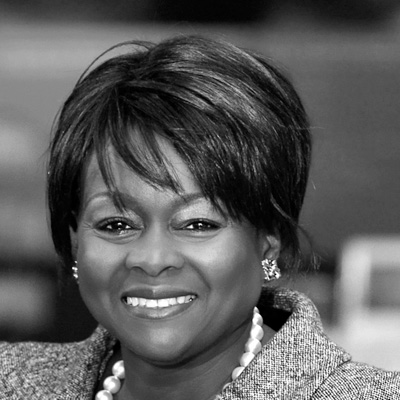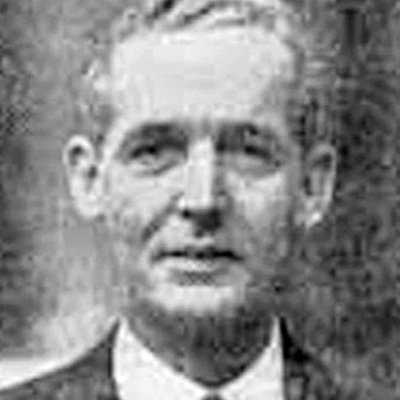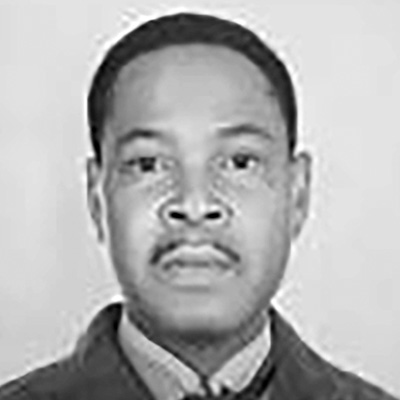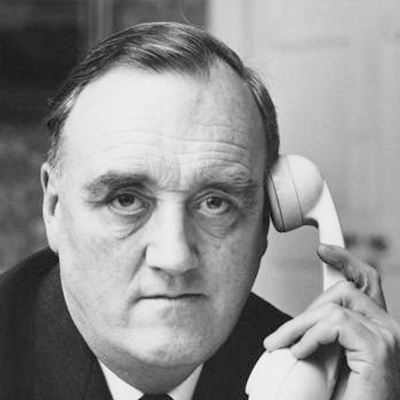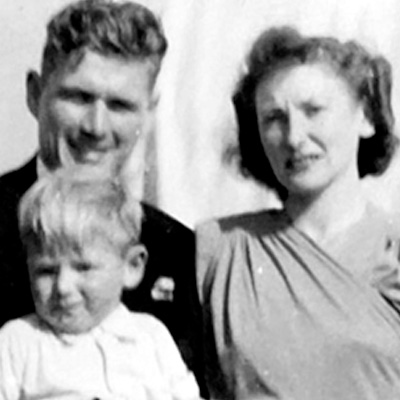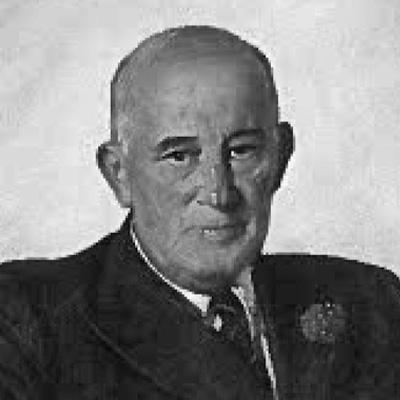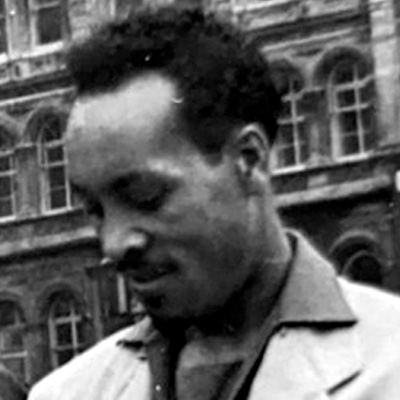Neil Flanigan MBE
CHAMPIONS
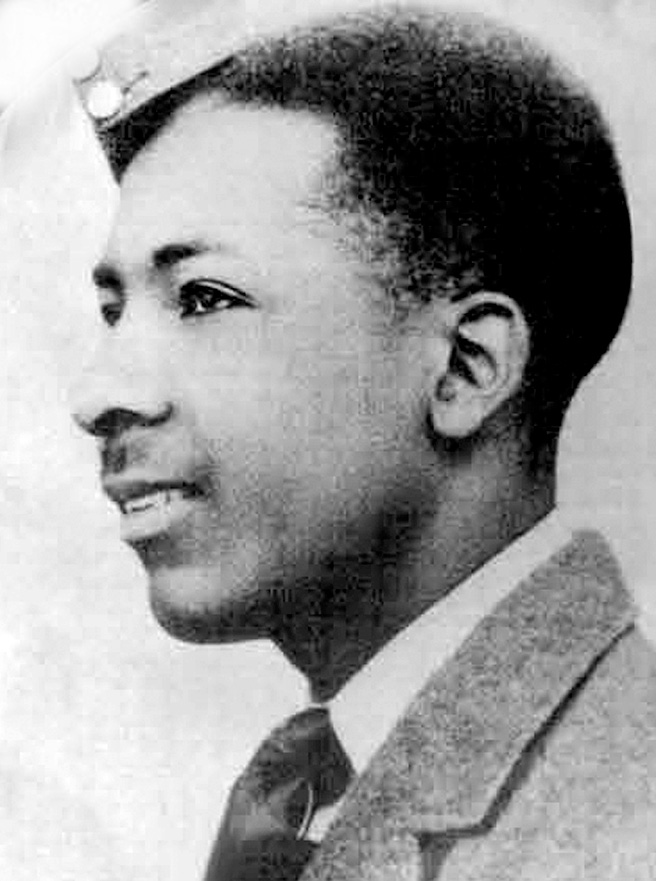
‘A staunch supporter of Urban Synergy’
Share this:
He received initial training at Up-Park Camp which had been the headquarters of the British Army in Jamaica from the late 18th century until independence in 1962. Neil travelled to England in 1943 for service and completed eight weeks of training in Cardington, the Bedfordshire home of British airships. As an Instrument Mechanic, he was responsible for checking and signing off documentation for bomber planes before they took off to confirm that they were cleared to fly. He was taught how to march, fire guns, carry equipment, and other duties. Although there were often racial tensions caused by some white American servicemen in Britain during the Second World War, Neil said that when working collectively, a person’s skin colour was not an issue because, “If a bomb dropped, it would kill anybody regardless of their ethnicity.”
Neil was part of the ground crew at ‘Bomber Command’. He specialised in instrument repair, providing service for the squadron that sent men to the ill-fated Arnhem mission. During RAF service, he lived in bunk houses while training to build and maintain the controls of fighter aircraft. Also, he studied for the Leading Aircraft Certificate.
RAF officials pressured him to return to Jamaica in 1947, and he was fortunate to have obtained a job with British West Indian Airways. The position was short lived and another was to follow in the
Bahamas lasting two years. He felt he had enough of the West Indies and, by 1954, he was back in London. Neil worked for British Overseas Airways Corporation (now British Airways), also British European Airways (BEA), as an engineer. He also employed his salesman skills in the insurance business.
Over the decades, he involved himself in community activities, such as volunteering at the Citizens Advice Bureau and a local hospital in Guildford, Surrey. Like ex-RAF friend Allan Wilmot, he was a pioneering member of the West Indian ex-Services Association (now the West Indian Association of Service Personnel). They served as President and in other roles in the association during the 1990s. In 2001, in acknowledgment of Neil’s achievements, Queen Elizabeth II awarded him an MBE.
Neil is a staunch supporter of ‘Urban Synergy’, an education project, in Lewisham, London. With them, for more than 10 years, he has visited local primary and secondary schools to share decades of his experiences.
When asked about the importance of spreading awareness of the Caribbean’s contributions in the Second World War, he was quoted as saying: “Young people in this country would not have known that so many West Indians and Africans served in the two wars if not for history projects like this. We need to keep the history going by teaching it more accurately.”
Neil continues to be a source of inspiration to young and older people.
Share this:

